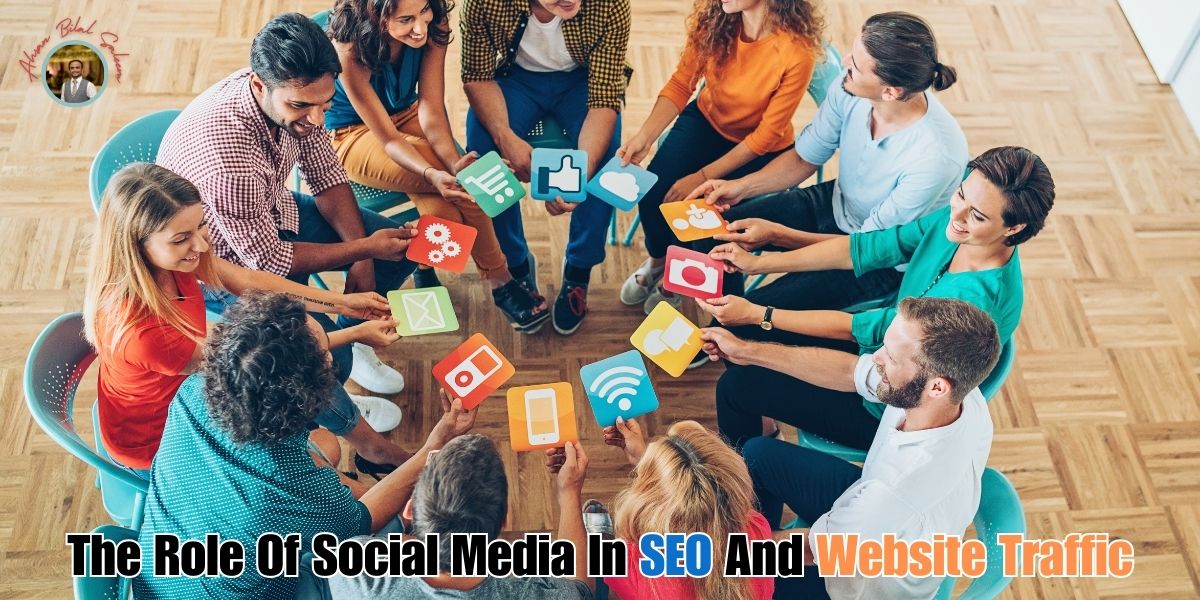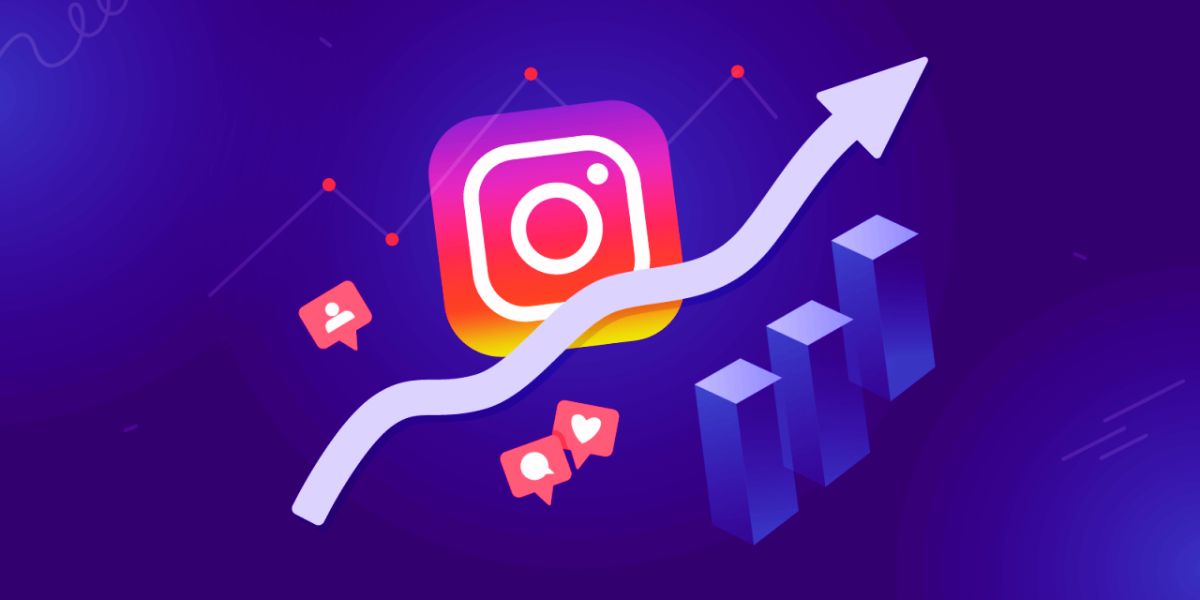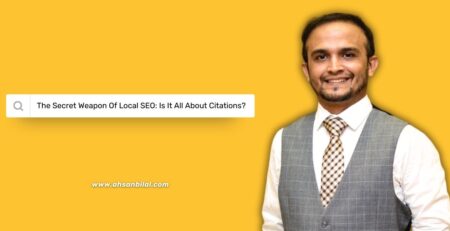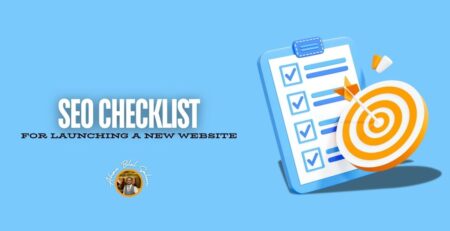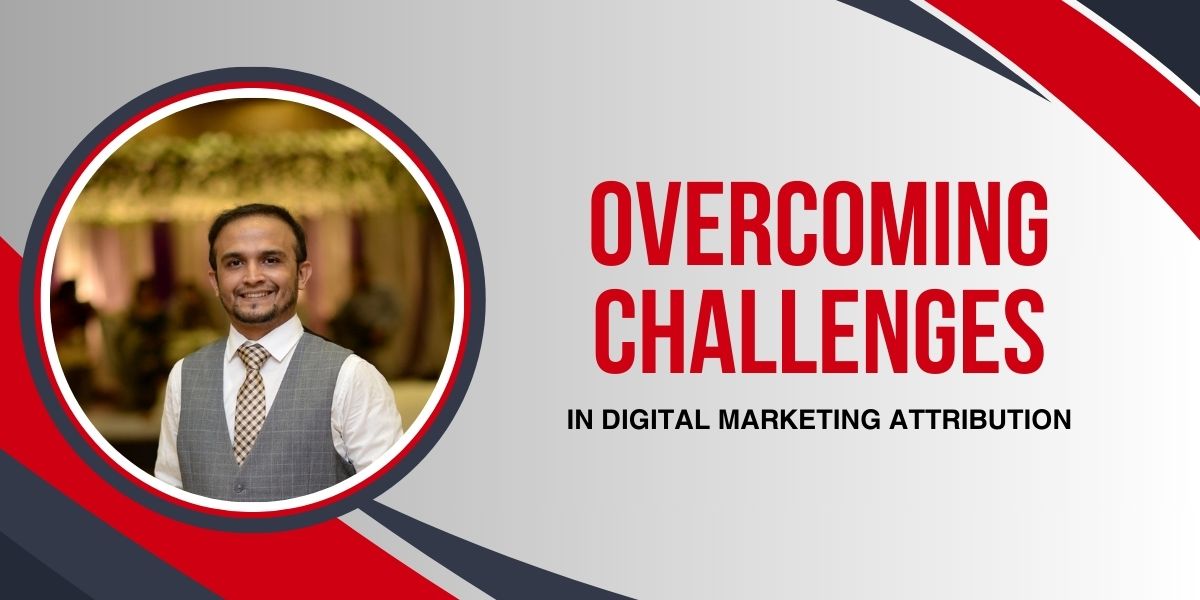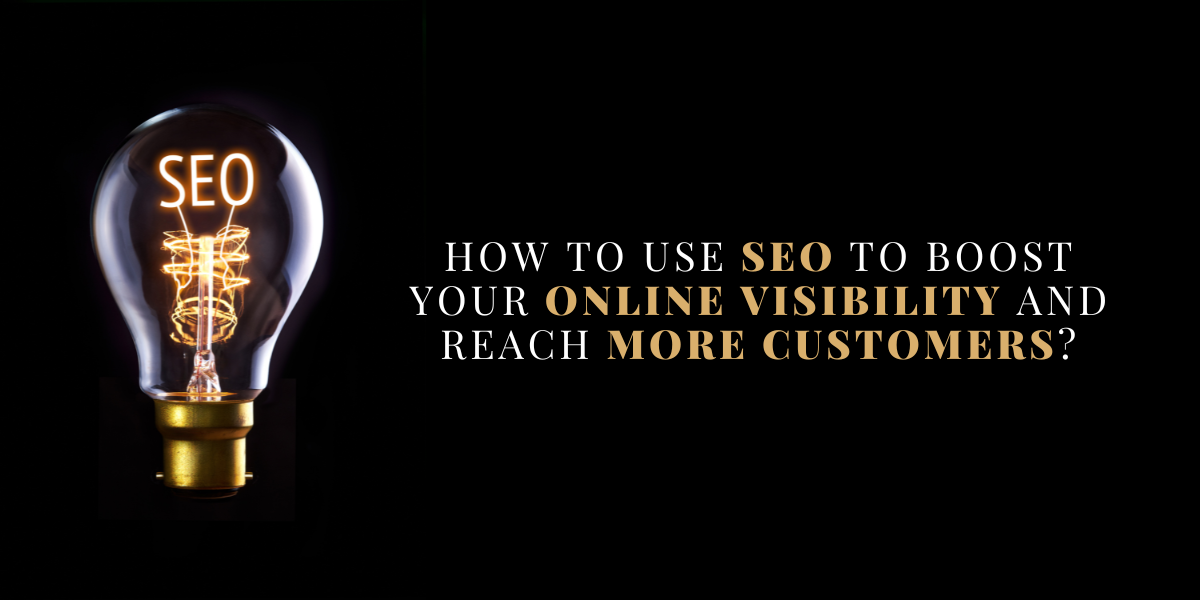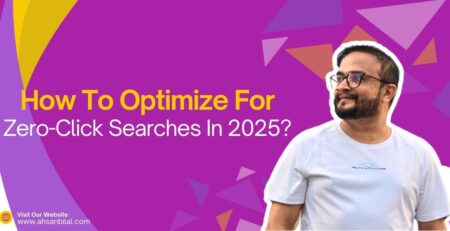The Role Of Social Media In SEO And Website Traffic
In today’s digital age, businesses face fierce competition for online visibility. While search engine optimization (SEO) is often the backbone of driving organic traffic, the role of social media in this ecosystem is becoming increasingly significant. Social media platforms like Facebook, Instagram, Twitter, and LinkedIn don’t directly impact SEO rankings, but they serve as powerful tools to boost website traffic and improve SEO in indirect, yet meaningful ways.
In this article, we’ll explore how social media influences SEO and how you can harness its potential to drive more traffic to your website.
Social Media Amplifies Content Reach
One of the most significant ways social media supports SEO is by amplifying your content’s reach. When you share blog posts, articles, or any other content on platforms like Facebook or LinkedIn, it exposes your website to a broader audience. The more people that see and engage with your content, the higher the chances of them clicking through to your website, thereby increasing web traffic.
Increased traffic from social media signals to search engines that your content is valuable, leading to a positive impact on SEO over time. Though social shares themselves don’t directly improve SEO rankings, the resultant traffic and engagement can improve metrics like time spent on site, reducing bounce rates—key indicators that search engines use to assess website quality.
Building Backlinks Through Social Media
Backlinks, also known as inbound links, are a critical ranking factor in SEO. Social media can be a strategic avenue to build backlinks. By sharing valuable and high-quality content on social media, you can attract the attention of influencers, bloggers, and authoritative websites who may link to your content.
If a reputable source links to your article or post after discovering it on social media, it improves your domain authority and enhances your chances of ranking higher in search engine results. This underscores the importance of creating shareable content that has the potential to be referenced by other sites.
Social Media Encourages Content Indexing
Content ordering alludes to the cycle by which web crawlers like Google or Bing add pages to their data set to be shown in query items. Sharing your content on social media can lead to faster indexing because social profiles tend to get crawled by search engines more frequently than individual websites.
While not a guarantee, content that garners attention on social media platforms is more likely to be crawled and indexed by search engines, ensuring that your new blog post or webpage is recognized more quickly.
Increased Brand Awareness Improves Search Demand
Social media helps build brand awareness, which indirectly affects SEO by increasing brand-related search demand. As more people become familiar with your brand through social platforms, they are more likely to search for it directly on Google or other search engines. This increase in branded searches sends a positive signal to search engines, which can lead to higher rankings for your website.
Additionally, a higher volume of searches for your brand keywords—such as “Athena Apparels summer collection”—tells search engines that your website is relevant and authoritative in its niche.
Social Media Profiles Rank in Search Engines
Social media profiles themselves can rank high on search engine results pages (SERPs). For instance, when someone searches for a brand, the brand’s Facebook, Twitter, or LinkedIn profiles often appear alongside the website in the search results. Optimizing these social profiles with relevant keywords, a clear description, and consistent branding can improve your online presence, giving users another way to find and engage with your business.
Moreover, having multiple social profiles appear in the SERPs increases your brand’s visibility and occupies valuable real estate on the first page of search results, pushing potential competitors further down.
Improving Engagement and User Signals
Search engines like Google use user engagement metrics to evaluate the quality of a website. Social media can be used to improve these metrics, which indirectly affects SEO. When users click on a link from your social media post and spend time engaging with your content, it sends positive signals to search engines.
For instance, if users come to your website from a social media platform, spend several minutes reading a blog post, and navigate to other pages, these actions improve your average session duration and pages-per-session—both important SEO factors. On the other hand, if users quickly leave your site after clicking a link (high bounce rate), it can negatively impact your SEO ranking.
Social Media Drives Local SEO
For businesses with a local presence, social media is a key player in boosting local SEO efforts. Platforms like Facebook allow businesses to list their location, operating hours, and contact information, making it easier for local customers to find you. Additionally, customer reviews and check-ins on platforms such as Facebook or Yelp further increase your local visibility.
Google and other search engines value local engagement, and social signals from users checking in, sharing, or reviewing a local business can indirectly influence local search rankings. Consistently engaging with your local audience through social media can result in higher traffic and better local SEO performance.
Leveraging Social Media to Improve Mobile SEO
Social media is predominantly accessed via mobile devices, and this shift towards mobile usage has implications for mobile SEO. When users find your business or website through social platforms and have a seamless mobile experience, it reinforces positive user metrics, such as longer visit durations and lower bounce rates, which improve your overall mobile SEO.
Additionally, the growing trend of integrating e-commerce with social media (e.g., Instagram shopping) drives traffic directly to mobile-friendly pages, making mobile optimization crucial for success in both social media and SEO.
Use of Social Media Hashtags to Enhance Discoverability
Just like keywords in SEO, hashtags on platforms like Instagram and Twitter help users discover content related to specific topics. By using relevant hashtags strategically, you increase the chances of your posts being discovered by a larger audience, potentially driving more traffic to your website.
Although hashtags don’t directly affect your SEO rankings, they play an essential role in boosting your visibility on social media platforms, helping you attract more clicks and visits to your website, which can indirectly support SEO efforts.
Conclusion
While social media and SEO may seem like separate strategies, they are closely intertwined in the digital marketing ecosystem. Social media enhances your content’s visibility, drives traffic to your website, builds backlinks, and improves engagement—all of which indirectly influence your SEO performance. By leveraging the power of social platforms, you can create a holistic digital marketing strategy that boosts website traffic, improves SEO, and ultimately strengthens your online presence.
To fully harness the power of social media for SEO, businesses should focus on creating shareable, high-quality content, actively engaging with their audience, and building a strong, consistent brand presence across all social channels. When executed properly, social media becomes a powerful ally in achieving SEO success.
